Jump to Section
- Signs Your Dog Is Overeating
- Why Dogs Overeat
- How To Help A Dog That Overeats
- Healthy Portion Guidelines
- When To See A Vet
- Frequently Asked Questions
Signs Your Dog Is Overeating

Not sure if your dog is simply enthusiastic about food or actually overeating? Look out for these common signs:
- Weight gain or visible bloating
- Frequent begging, even after meals
- Eating too quickly
- Lethargy or sluggishness post-meals
- Vomiting or loose stools
Why Dogs Overeat
Dogs can overeat for a variety of reasons — and it’s not always about hunger. Common causes include:
- Free-feeding: Leaving food out all day encourages grazing.
- Over-treating: Those training rewards add up fast.
- Low-quality food: Poor nutrition may leave your dog unsatisfied.
- Emotional triggers: Boredom, anxiety, or stress can mimic hunger cues.
How To Help A Dog That Overeats

Good news — helping your dog regain healthy eating habits is totally doable. Here’s a simple plan:
- Measure meals: Use a digital scale for accuracy.
- Feed on a schedule: 2–3 meals a day, no free-feeding.
- Switch to a slow-feeder bowl: It makes meals last longer.
- Boost enrichment: Toys and training can replace food-based excitement.
- Track progress: Weigh your dog weekly and adjust as needed.
Healthy Portion Guidelines
Every dog is different — but as a starting point:
- Puppies: Need more frequent meals — 3 to 4 per day depending on breed and size
- Adult dogs: Usually do best on 2 meals a day
- Senior dogs: May need fewer calories, but still regular meals
Use feeding guides on quality food brands, but always adjust based on your dog’s energy levels, age, and weight goals. You can also check out our Cordura Range — designed to support active dogs at healthy weights.
When To See A Vet
If your dog shows sudden weight changes, excessive thirst, vomiting, or unusual behaviour around food, speak with your vet. Sometimes overeating is a symptom of an underlying issue, such as diabetes or thyroid imbalance.
Frequently Asked Questions
How can I tell if my dog is actually hungry or just begging?
True hunger usually comes with consistent meal timing and steady energy levels. Begging, especially after eating, is often habit-driven or attention-seeking.
Can dogs eat too fast?
Yes — and it can be dangerous. Eating too quickly may lead to choking, vomiting, or even bloat, especially in large breeds.
Should I stop giving my dog treats?
Not necessarily — just count them as part of their daily intake. Look for low-calorie options and keep portions tiny.
Is raw food or kibble better for portion control?
Both can work, as long as portions are precise. Raw diets often require more measuring and understanding of macronutrients.
How many times should my dog eat per day?
Most adult dogs thrive on two meals a day. Puppies and seniors may need more frequent feeding.
What’s a good slow-feeding option?
Try puzzle bowls or lick mats. They slow down eating and engage your dog’s brain.
My dog is stealing food — is that overeating?
It’s a sign of poor boundaries or high food drive. Reinforce training and limit access to human food.
Can neutering cause overeating?
Sometimes, yes. Neutered dogs may have lower energy needs, so portions should be adjusted post-surgery.
How much weight gain is too much?
If your dog gains more than 10% of its body weight without intention, it's time to reassess food and activity levels.
Do certain breeds tend to overeat?
Yes — Labradors, Beagles, and Dachshunds are known for their love of food. They may need stricter portion control.


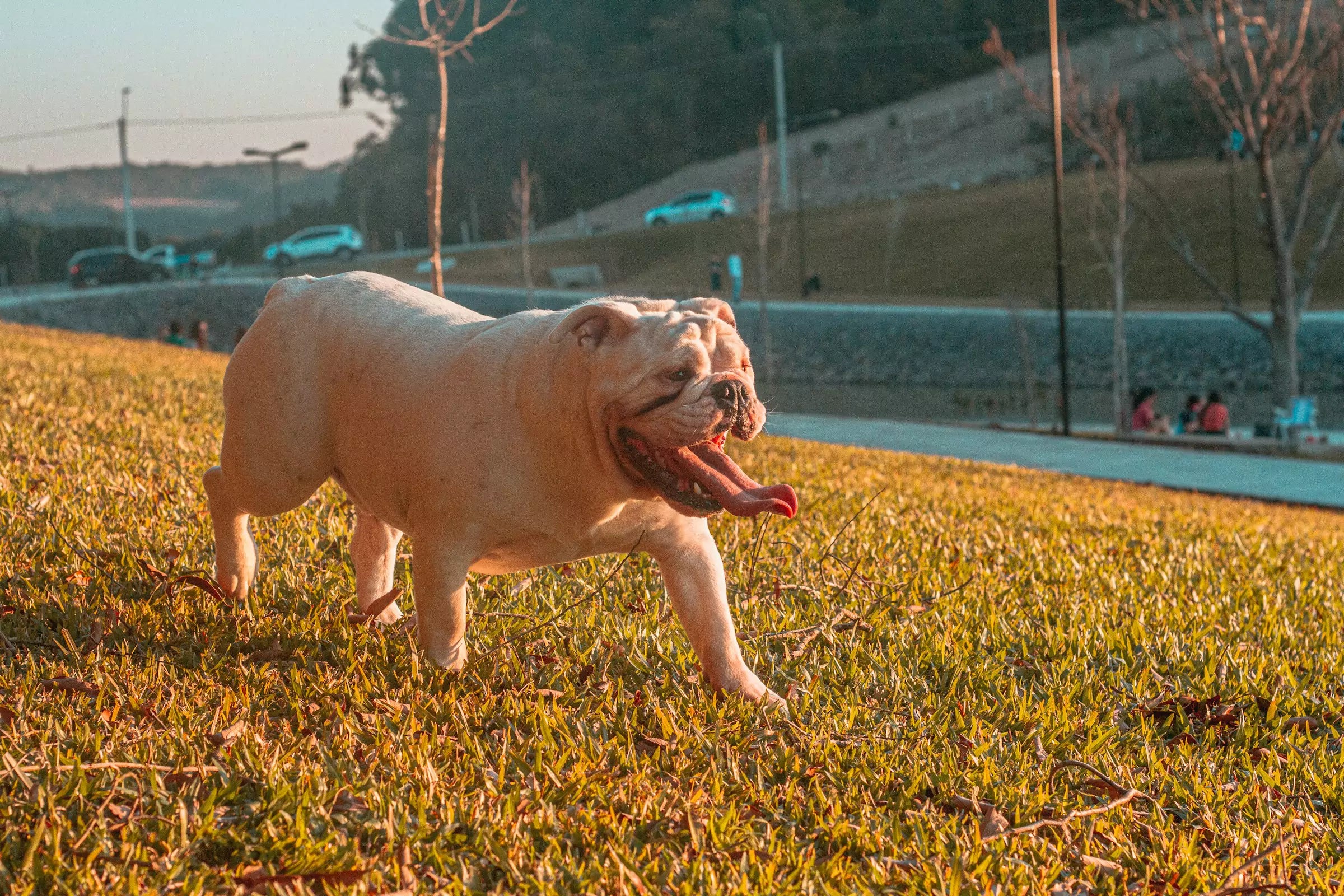
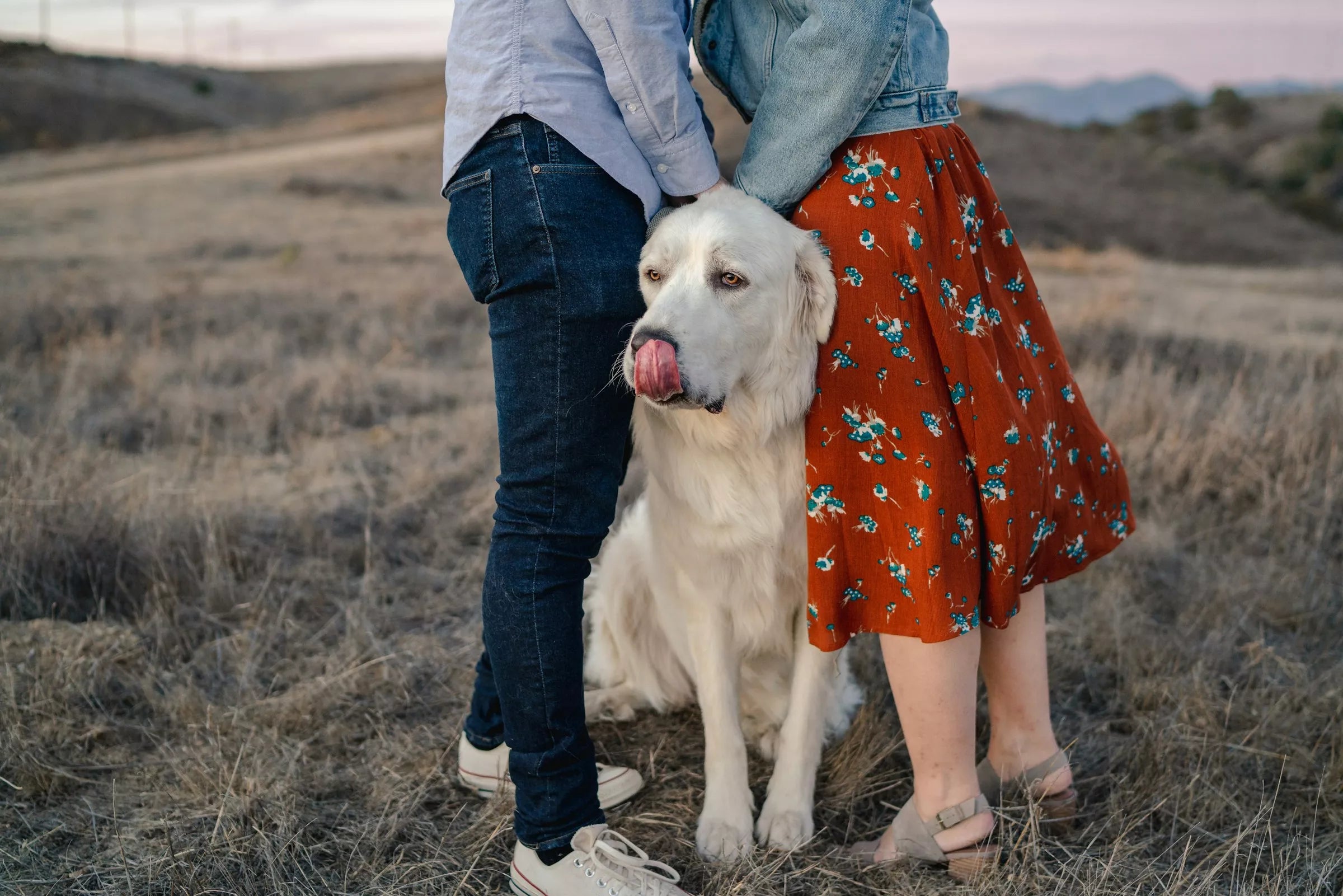
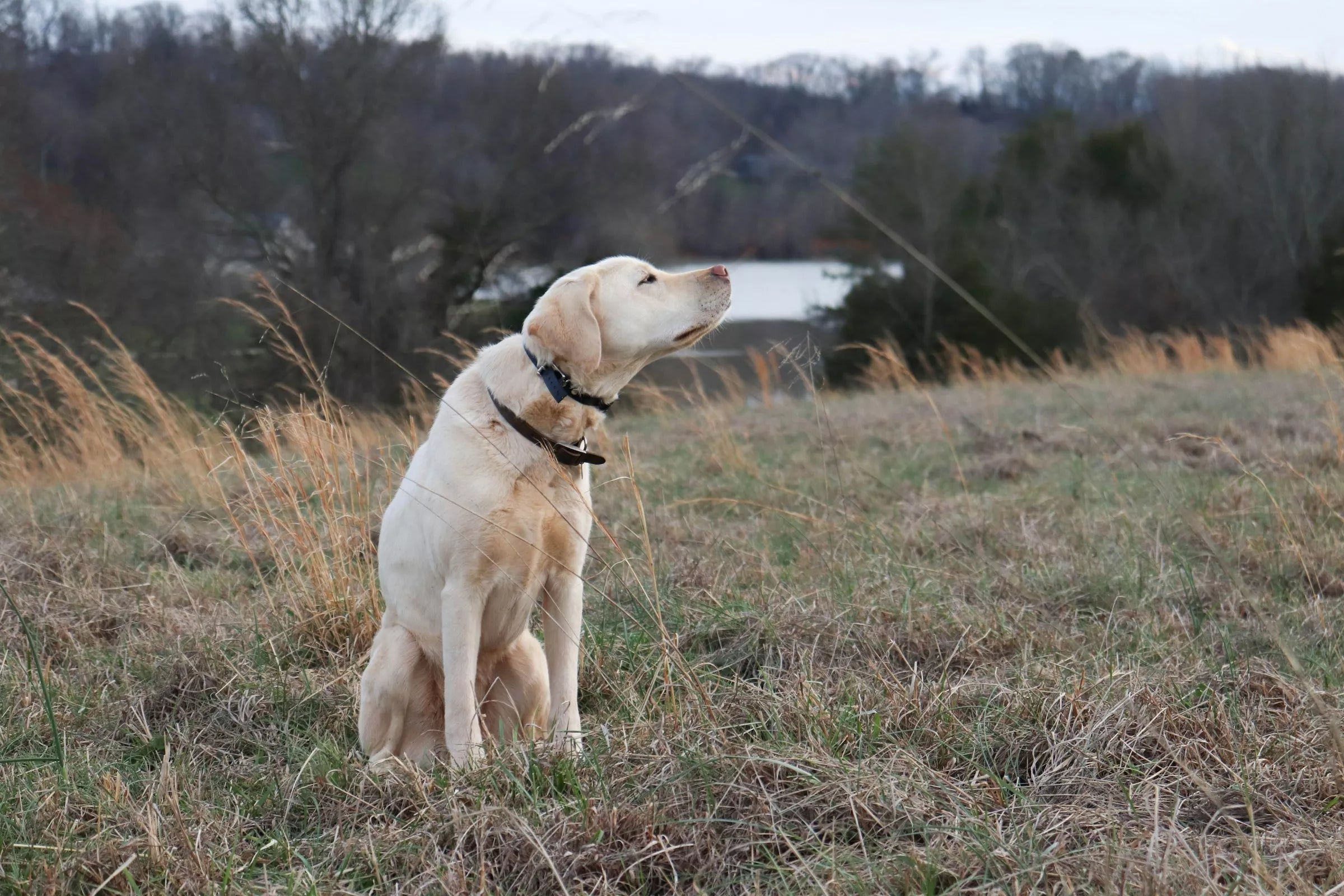
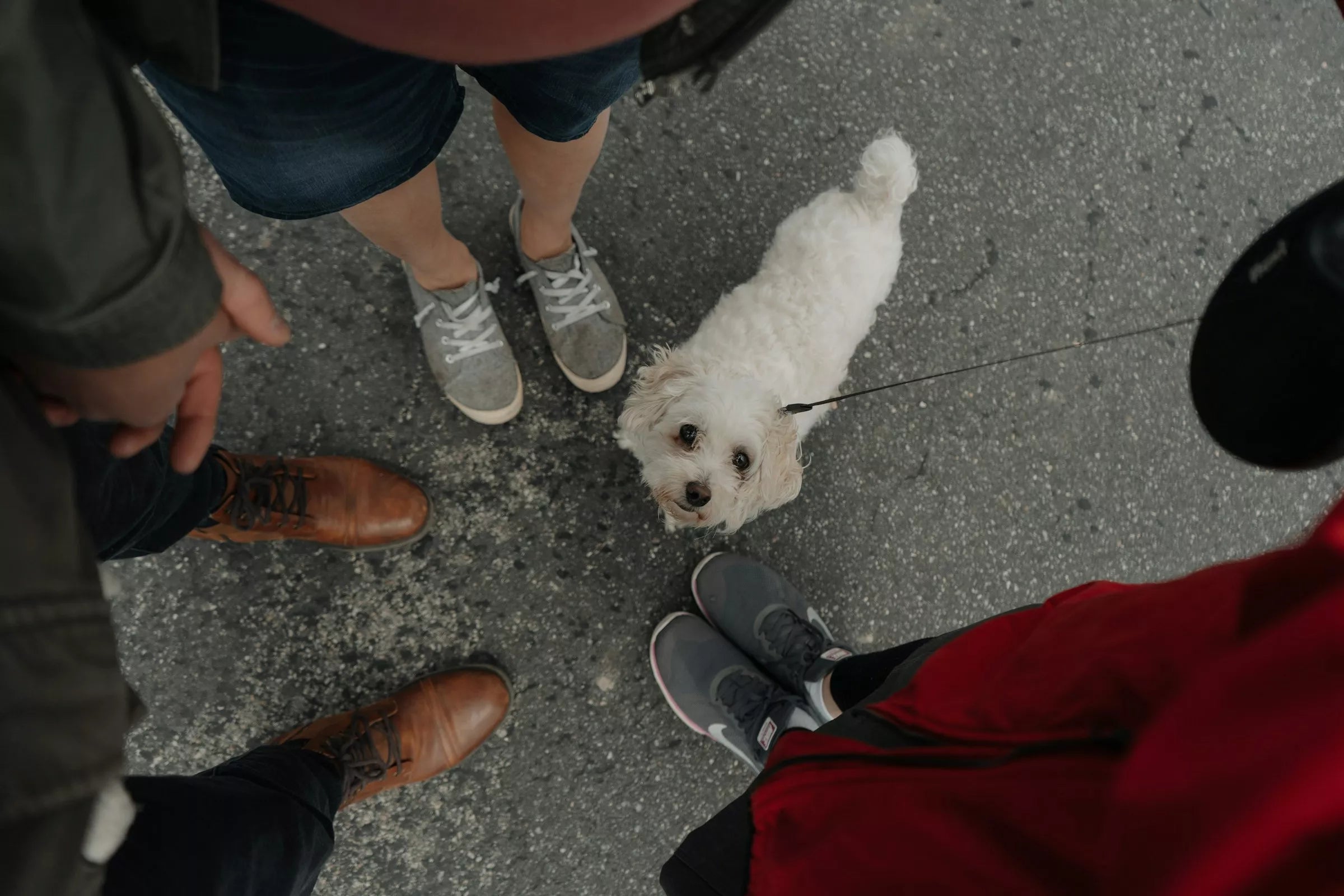
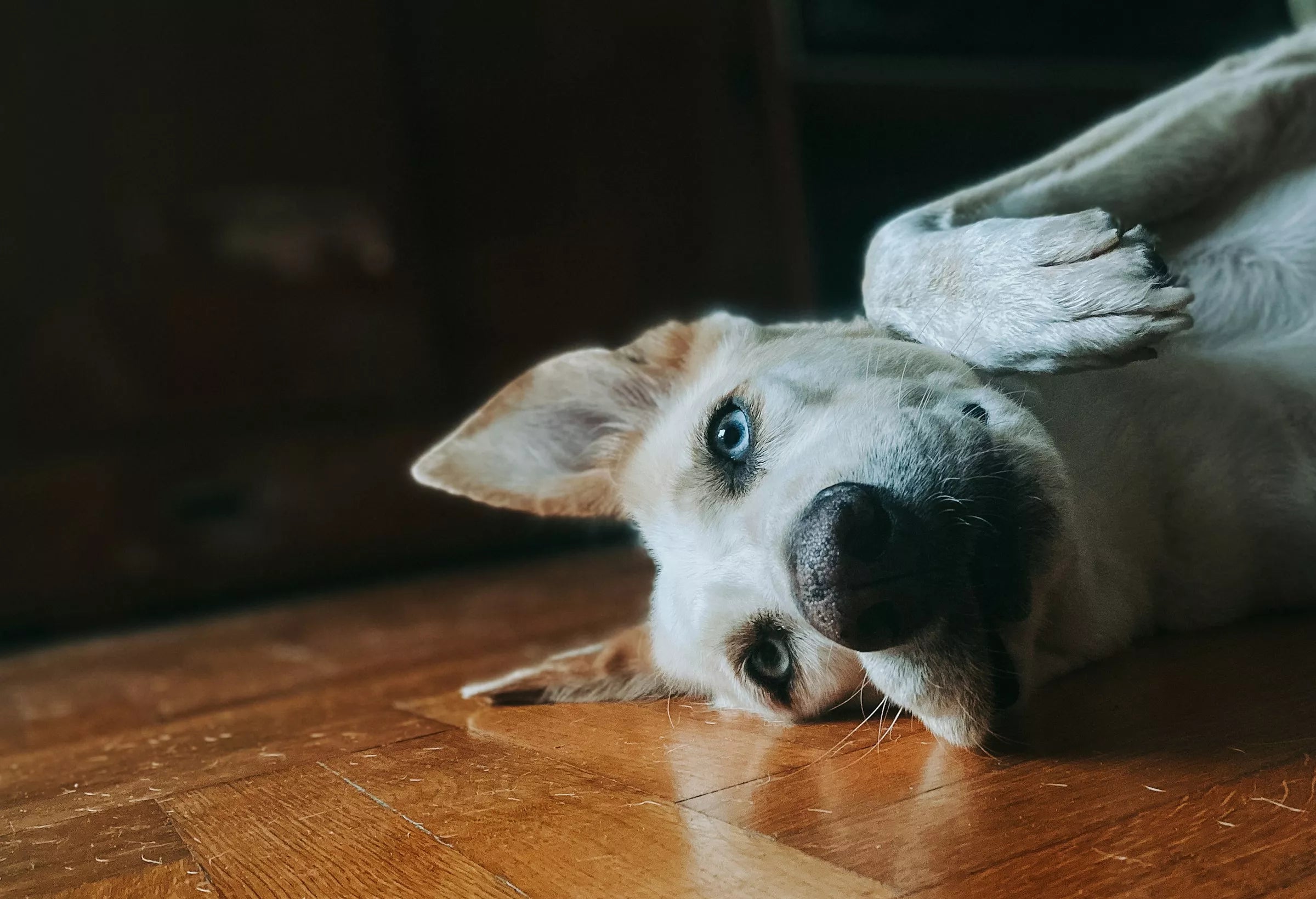
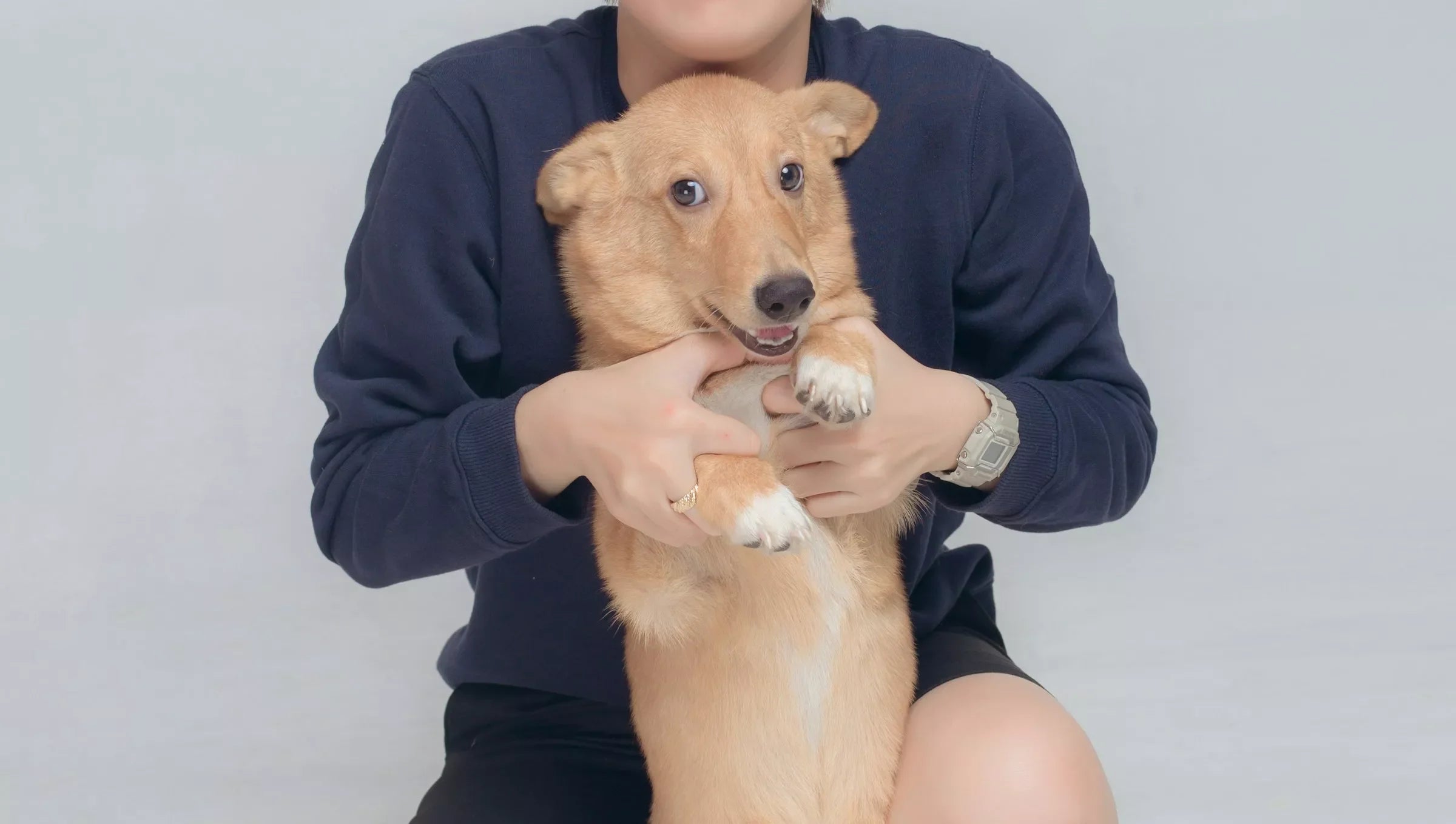
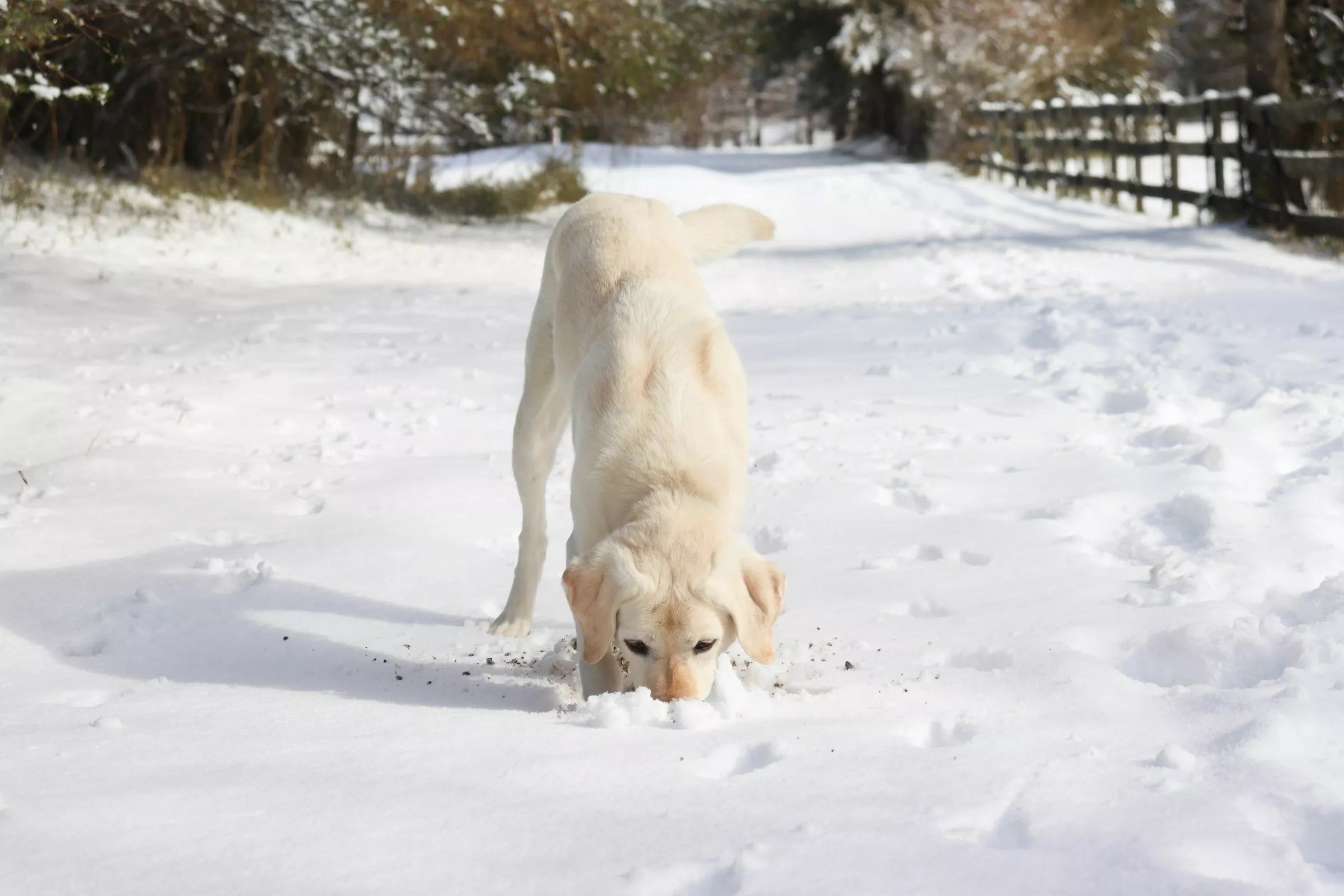






Share:
Can I Use Human Shampoo On My Dog?
Can Dogs Eat Dairy?